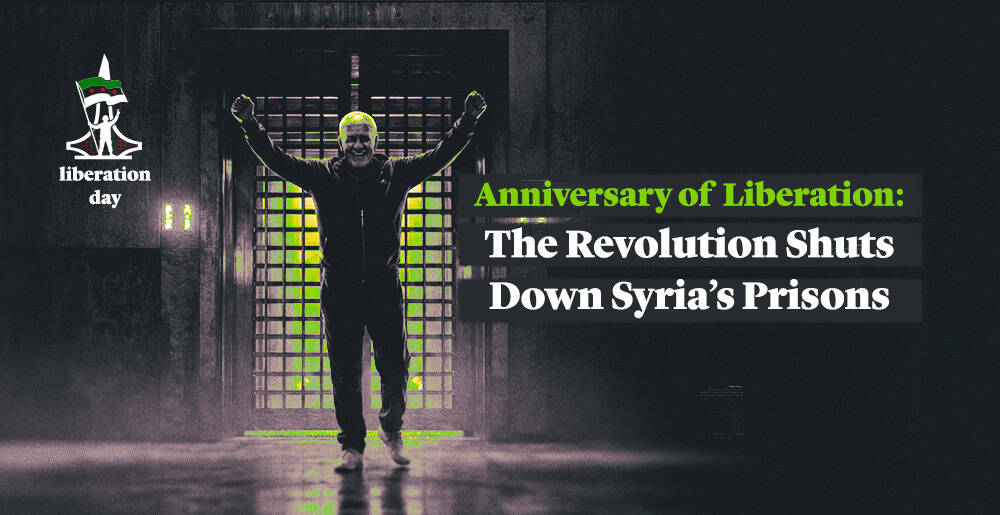Companies Declaring Bankruptcy in the UK Exacerbates the Suffering of Workers

With the unprecedented rise in the inflation rate in more than 30 years, a large section of British society has become cut adrift by the soaring costs. One of the challenges that made the situation worse was the bankruptcy of many companies that employed an important workforce. The specter of unemployment has become a threat to many families.
British supermarket chain McColl's announced on May 6 that it has gone bankrupt in the face of weak consumer spending as a result of high inflation, which puts 16,000 jobs at risk, according to BBC.
The news agency stated: “Convenience store chain McColl's is on the brink of collapse, placing thousands of UK jobs at risk.”
The company, which has around 1,100 stores across the UK selling food and household products, is now entering a management phase in which troubled businesses seek outside help to stem job losses.
McColl’s company emphasized in a statement that the company's major lenders had rejected further funding, while reports revealed that talks about a recent bailout from supermarket giant Morrisons had reached a dead end.

Specter of Bankruptcy
McColl's, which operates nearly 200 of its stores under the Morrisons Daily brand, issued a statement stressing that the board took the unfortunate decision aiming to protect creditors, preserve the future of business and protect the interests of employees. PricewaterhouseCoopers was appointed responsible for the file for this phase.
The company expects PwC to “implement the sale of the business to a third-party buyer as soon as possible,” while the group’s share price was suspended on the London Stock Exchange before the announcement, knowing that in early trading, its market value jumped by more than 20% in the hope of reaching a rescue deal.
McColl's developments came while Britain faces a cost-of-living crisis, with the UK's annual inflation rate reaching 7%, the highest level in 30 years and the British interest rate hiked to 13-year high to contain inflation.
The UK Insolvency Service published data showing that the Bankruptcies in the United Kingdom increased to 4896 Companies in the first quarter of 2022 from 4627 Companies in the fourth quarter of 2021.
The insolvency firm Begbies Traynor report highlighted that in the first three months of 2022 there was a 19% rise in businesses in critical financial distress compared to the start of 2021.
In an interview with Al-Estiklal, the economist Soumia Rahali researcher at Sabahattin Zaim University explained that the Boris government is required to take further action to help struggling businesses. Otherwise there would be a wave of business failures. It is noteworthy that a failed business means dozens and hundred families at stake. The social crisis resulting from the economic distress of private companies will have severe repercussions."
Distressing Impact
Rising consumer prices in Britain have exacerbated a cost-of-living crisis, marked by rising energy bills and rising food and transport prices, while the central bank struggles to show it is serious about curbing inflation without acting too aggressively to undermine consumer confidence.
The Independent quoted the former British Assistant Chief of Defense Staff warning that Prime Minister Boris Johnson’s government must prepare the British people for a “prolonged decline” in living standards.
General Jonathan Shaw said the UK still had the "wrong mindset" about the scale of the geopolitical shift caused by Russia's military operation in Ukraine.
"We need to psychologically prepare our people for a long-term deterioration in the standard of living and a long-term confrontation with Russia," he told LBC.
The former chief of the armed forces stated that the standard of living in Britain would become "much worse" due to the new Cold War with Russia. "I don't think we are preparing our people for that kind of hardship."
The Associated Press quoted an investment note from the head of foreign exchange and interest rates at Investec, Dmitry Theodosio, that the Bank of England has a difficult task due to inflationary pressures. The prices are rising due to external factors and with the frequency of shouting (higher and higher) in the ears, it came to acknowledge that Excessive intervention may damage the economy.
Britain's inflation rate rose to a 30-year high of 7% in March, more than 3 times the central bank's 2% target, while economists expect inflation to reach 9% or more later this year.
The central meeting stated that "global inflationary pressures increased in the wake of the Russian invasion of Ukraine" and will be reflected on British households in October with the increase in electricity prices, which will contribute to an increase in inflation to 10% in the fourth quarter.
He warned that he expects the gross domestic product to contract in the fourth quarter, as well as a 0.25% contraction of the economy in 2023, according to AFP, which indicated that the value of the pound sterling fell 1.5% against the dollar after the decision to raise interest rates on May 5.
International Crisis
On May 5, the Bank of England warned that British inflation will exceed 10% by the end of the year, the highest level in four decades, driven by higher energy prices.
The bank stressed that: “Britain risked falling into a recession, as it raised its key interest rate by a quarter point to 1%, the highest level since the global financial crisis in 2009.”
The British interest rate hike came a day after the Federal Reserve's decision on May 4 to raise US interest rates by half a percentage point, with inflation also rising in the world's largest economy.
Consumer prices are rising around the world as a result of the pandemic lockdowns and the ongoing Ukraine war that rises the high-energy costs further.
Meanwhile, Britain's cost-of-living crisis is being blamed, in part, on Prime Minister Boris Johnson's Conservative party, which lost control of London's major councils in May 5 local elections.














